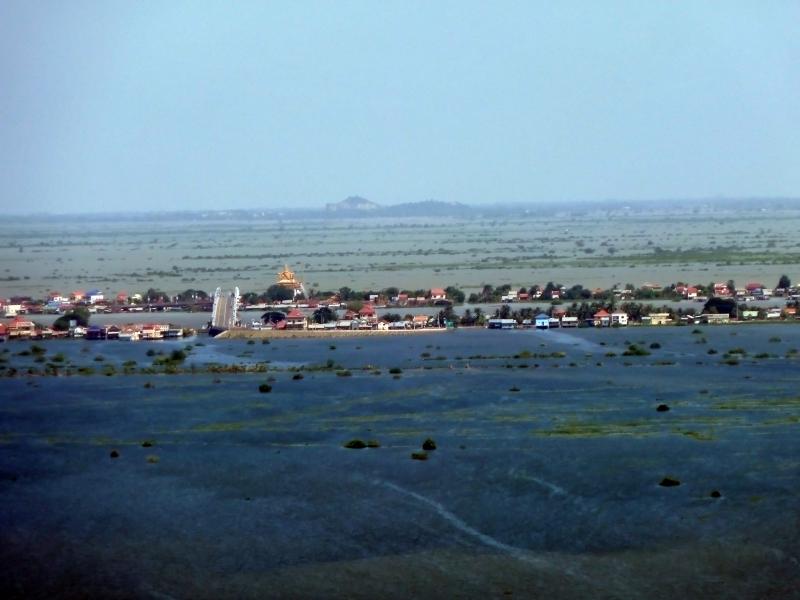Climate change is already having significant impacts in the Lower Mekong Basin, due to an increase in the prevalence of extreme weather events, on top of increasingly intense wet and dry seasons. Escalating temperatures and annual precipitation levels, further to sea level rise and associated impacts in the Mekong Delta, leave the region particularly vulnerable to the impacts of a shifting climate.
Seasonal droughts, water shortages and extreme floods will become more common; resulting in diverse impacts on many sectors, and affect the livelihood of millions of inhabitants of the Mekong Basin. Agriculture and fisheries will suffer severely, especially in the Delta region, as salinity intrusion progresses further upstream, and sea level rise increases the frequency, salinity, and duration of flooding.
All natural ecosystems and economic sectors will be affected by climate change, particularly those poorer communities along the Mekong who depend on the river resources. MMA realises the importance of introducing a basin wide approach to adaptation strategies to climate change, incorporating all stakeholders and engaging communities and taking account of transboundary impacts of changes and planned adaptation. Through simulating projected impacts of climate change and associated vulnerability, MMA provides essential tools for policy makers at all levels to implement a long term development plan.

